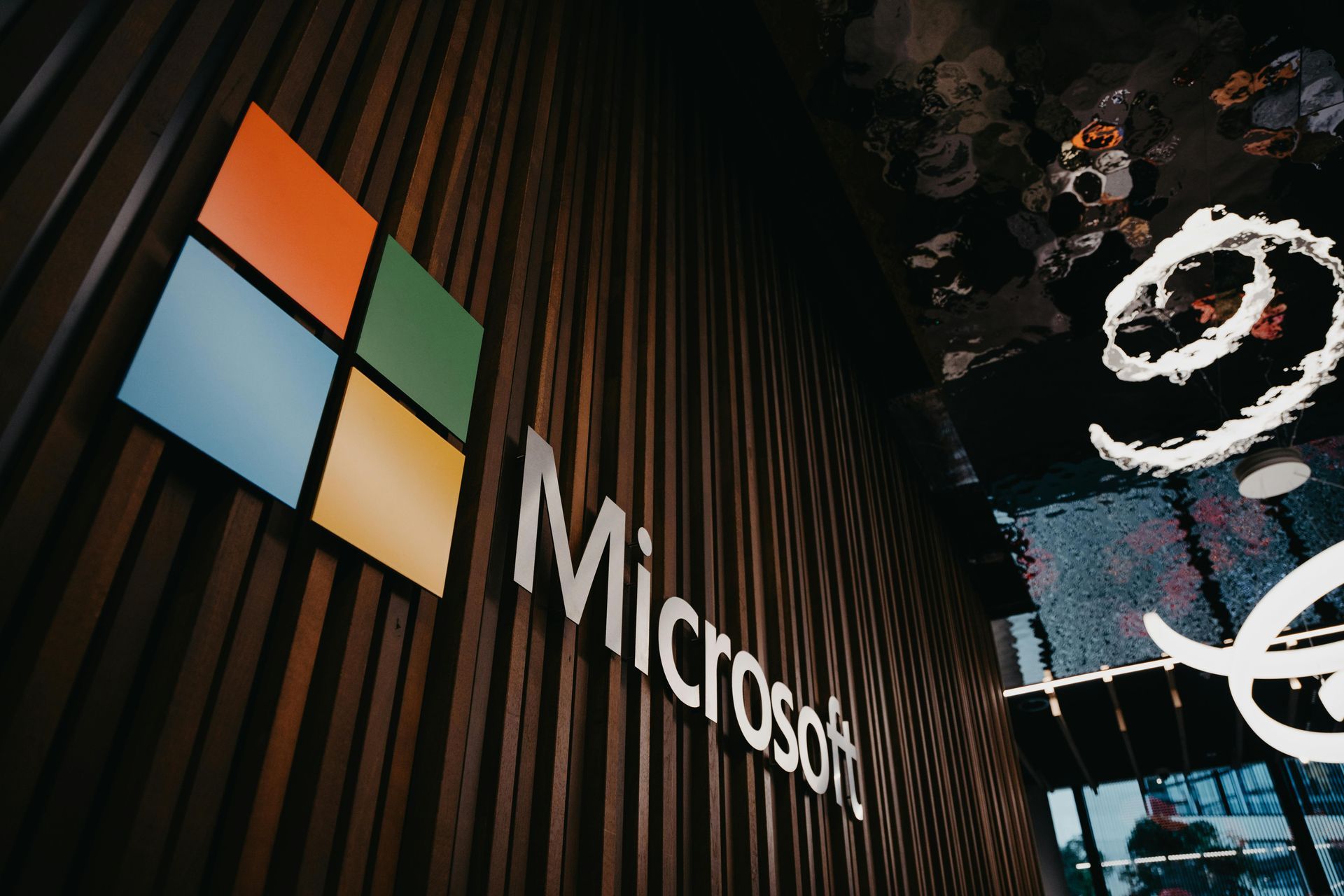Protecting Your Business: Responding to Recent Cyber Attacks on Retailers
The retail sector has recently experienced a wave of significant cyber attacks, bringing cybersecurity back into sharp focus for businesses across the UK. As technology partners dedicated to helping organisations secure their digital future, we at Altiatech want to share some key insights and practical recommendations to help strengthen your security posture.

The Current Threat Landscape
Cyber criminality, particularly extortion and ransomware, represents one of the most pervasive threats facing UK organisations today. These attacks affect businesses of all sizes—from major corporations to small independent retailers—and are both opportunistic and indiscriminate in nature.
Criminal groups are continuously evolving their tactics, with many shifting towards "ransomware as a service" models. This troubling development allows individuals with limited technical skills to launch sophisticated attacks using pre-developed tools, significantly expanding the threat landscape.
Preparation and Resilience
Strong security isn't just about keeping attackers out—it's about comprehensive protection, detection, and recovery capabilities. Even with excellent defences, determined attackers may sometimes breach your systems. What matters then is how quickly you can detect their presence, contain the threat, and recover operations.
Recent incidents reported in the press have highlighted how some threat actors, including groups like "Scattered Spider," have used social engineering tactics targeting IT helpdesks to reset passwords and bypass multi-factor authentication (MFA).
Key Recommendations
Following guidance from the National Cyber Security Centre (NCSC) and our own experience supporting clients through security incidents, we recommend organisations take these critical actions:
- Implement robust multi-factor authentication (MFA) across all systems and ensure it's comprehensively deployed
- Enhance monitoring for unauthorised account access, particularly focusing on admin accounts and suspicious login patterns
- Review helpdesk password reset processes to prevent social engineering attacks
- Scrutinise privileged accounts including Domain Admin, Enterprise Admin, and Cloud Admin access
- Monitor for atypical login sources such as VPN services from residential IP ranges
- Develop robust response and recovery plans to minimise damage when attacks occur
Why This Matters
The real-world impacts of these attacks can be devastating—disrupting operations, damaging reputation, and creating significant recovery costs. As criminal activity online continues to increase, preparation has never been more important.
At Altiatech, we understand these challenges intimately through our work with clients across various sectors. Our team of security specialists can help your organisation build resilience against these evolving threats with tailored solutions that protect what matters most—your business continuity and customer trust.
Don't wait for an incident to test your security posture. Connect with us today to discuss how we can help strengthen your defences against the growing tide of cyber threats, contact our team today at innovate@altiatech.com or call us at +44 (0)330 332 5482













